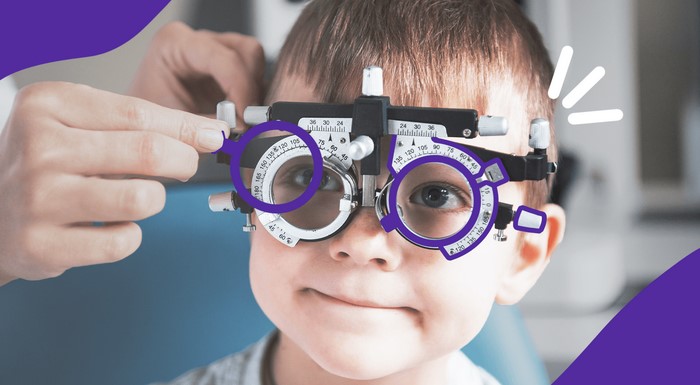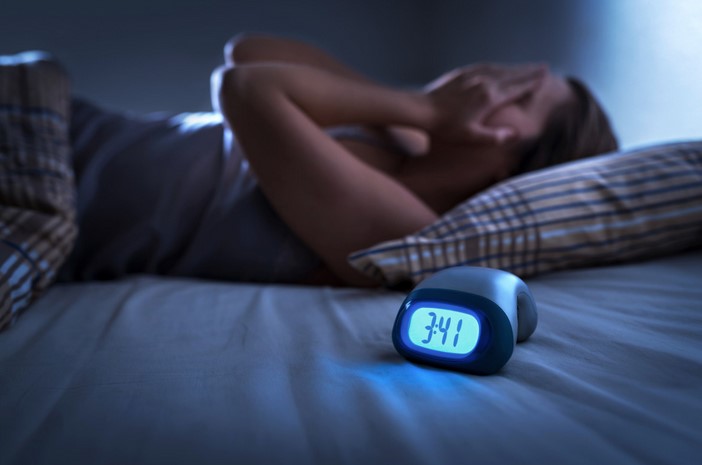
In today’s fast-paced world, maintaining a strong immune system is more important than ever. One way to support your body’s defenses is through nutrition, and immune-boosting smoothies are a delicious and convenient way to nourish your body. Packed with vitamins, minerals, and antioxidants, these smoothies can help strengthen your immune system, keep you feeling energized, and support overall health. Whether you’re looking to prevent illness or give your body an extra boost, immune-boosting smoothies are a simple addition to your daily routine. In this article, we will explore some effective ingredients, benefits, and easy-to-make recipes to help you build a healthier, more resilient you.
1. The Power of Immune-Boosting Ingredients
Immune-boosting smoothies are most effective when they are made with nutrient-dense ingredients that are known to enhance the immune system. By selecting the right combination of fruits, vegetables, and other superfoods, you can create a smoothie that not only tastes great but also provides a powerhouse of immune support.
1.1 Vitamin C-Rich Fruits
Vitamin C is one of the most important nutrients for immune health, as it helps stimulate the production of white blood cells and protects against oxidative stress. Several fruits are packed with vitamin C, and these make excellent base ingredients for your smoothies. Some of the best sources of vitamin C include:
- Oranges: A classic source of vitamin C, oranges add a refreshing citrus flavor to smoothies.
- Kiwi: This small, green fruit is incredibly rich in vitamin C and offers a tangy taste.
- Strawberries: Packed with antioxidants, strawberries are another excellent option for boosting your immune system.
- Papaya: Papayas contain both vitamin C and an enzyme called papain, which aids digestion and supports overall health.
1.2 Immune-Boosting Vegetables
Vegetables may not be the first thing you think of when making smoothies, but many of them are loaded with nutrients that support immune function. Leafy greens, such as spinach, kale, and Swiss chard, are rich in vitamins A, C, and K, all of which are essential for a healthy immune system.
- Spinach: Rich in folate, iron, and vitamin C, spinach is an excellent addition to any immune-boosting smoothie.
- Kale: Packed with antioxidants and beta-carotene, kale is another great choice to strengthen your immune response.
- Carrots: Full of beta-carotene, carrots help support immune health and are naturally sweet, making them a great smoothie ingredient.
1.3 Superfoods for Extra Protection
Superfoods are nutrient-dense ingredients that provide an extra layer of protection for your immune system. Some of the most popular immune-boosting superfoods include:
- Ginger: Known for its anti-inflammatory properties, ginger helps stimulate digestion and reduce inflammation in the body.
- Turmeric: The active compound in turmeric, curcumin, has potent antioxidant and anti-inflammatory effects, helping to modulate immune function.
- Garlic: Known for its antibacterial and antiviral properties, garlic can support the immune system and prevent infections.
- Probiotics: Yogurt, kefir, and other probiotic-rich foods promote a healthy gut microbiome, which plays a critical role in immune function.
2. How Immune-Boosting Smoothies Support Your Health
Incorporating immune-boosting smoothies into your diet offers several health benefits. These smoothies are not only easy to prepare but also provide a variety of nutrients that help your body stay strong and fight off illness.
2.1 Strengthening the Immune System
The key to maintaining a healthy immune system is ensuring that it has the necessary nutrients to function effectively. Regularly consuming immune-boosting smoothies that are rich in vitamins, minerals, and antioxidants can help:
- Stimulate white blood cell production: White blood cells are the body’s first line of defense against pathogens. Vitamin C and zinc are crucial for white blood cell function and activity.
- Combat oxidative stress: Free radicals can damage immune cells and make your body more susceptible to illness. Antioxidants found in ingredients like berries, spinach, and turmeric help neutralize free radicals and protect immune cells.
- Reduce inflammation: Chronic inflammation can weaken the immune system. Ingredients like ginger, turmeric, and garlic are known to reduce inflammation, helping to support the body’s defense mechanisms.
2.2 Supporting Gut Health
A significant portion of your immune system is located in your gut, and maintaining a healthy gut microbiome is crucial for overall immune health. Probiotic-rich foods like yogurt and kefir help balance the gut microbiota, supporting immune function and promoting better digestion. Adding these ingredients to your immune-boosting smoothies can help enhance the beneficial bacteria in your digestive system, which in turn supports your overall health.
2.3 Increased Energy and Vitality
When your immune system is functioning well, your body has more energy to take on daily challenges. Consuming nutrient-dense smoothies packed with vitamins and minerals will not only help support your immune system but also provide long-lasting energy throughout the day. The combination of healthy fats, fiber, and protein found in ingredients like avocado, almond butter, and chia seeds helps stabilize blood sugar levels and provides sustained energy.
3. Delicious Immune-Boosting Smoothie Recipes
Now that you understand the benefits of immune-boosting smoothies and the ingredients that make them so powerful, here are a few easy-to-make smoothie recipes that you can try. These recipes combine a variety of immune-boosting ingredients to help keep you feeling healthy and energized.
3.1 Citrus and Kiwi Immunity Booster
Ingredients:
- 1 orange, peeled
- 1 kiwi, peeled
- 1/2 cup spinach
- 1/2 teaspoon ginger (fresh or powdered)
- 1 tablespoon chia seeds
- 1 cup water or coconut water
Instructions:
- Add the orange, kiwi, spinach, ginger, and chia seeds to a blender.
- Pour in the water or coconut water and blend until smooth.
- Serve immediately and enjoy the refreshing, vitamin C-packed smoothie.
3.2 Green Immune Support Smoothie
Ingredients:
- 1/2 cup kale or spinach
- 1/2 cup pineapple
- 1/2 banana
- 1 tablespoon almond butter
- 1 tablespoon ground flaxseed
- 1/2 cup kefir or yogurt
- 1 cup water or almond milk
Instructions:
- Combine all ingredients in a blender.
- Blend until smooth, adding more liquid as needed to reach your desired consistency.
- Pour into a glass and enjoy the immune-boosting benefits of this green smoothie.
3.3 Turmeric Ginger Immune Elixir
Ingredients:
- 1/2 teaspoon turmeric (or fresh turmeric root)
- 1/2 teaspoon ginger (fresh or powdered)
- 1/2 cup orange juice
- 1/4 cup coconut milk
- 1/2 cup frozen mango
- 1 tablespoon honey (optional)
Instructions:
- Place all ingredients into a blender.
- Blend until smooth and creamy.
- Pour into a glass and enjoy the anti-inflammatory benefits of turmeric and ginger.
Immune-boosting smoothies are an excellent way to support your body’s natural defenses while enjoying a tasty, nutrient-packed snack. By incorporating ingredients like vitamin C-rich fruits, antioxidant-rich vegetables, and immune-supporting superfoods, you can create delicious smoothies that help strengthen your immune system, improve gut health, and provide long-lasting energy. Whether you’re looking to prevent illness or enhance your overall well-being, immune-boosting smoothies are an easy and enjoyable way to nourish your body. So, why not start your day with one of these vibrant, health-boosting drinks? Incorporating immune-boosting smoothies into your diet is a simple yet powerful step toward living a healthier life.




